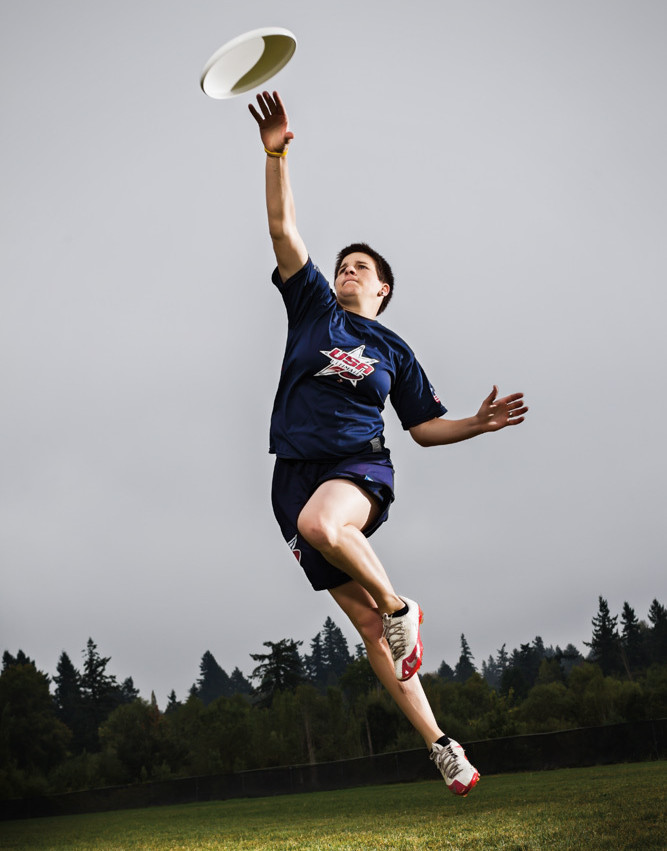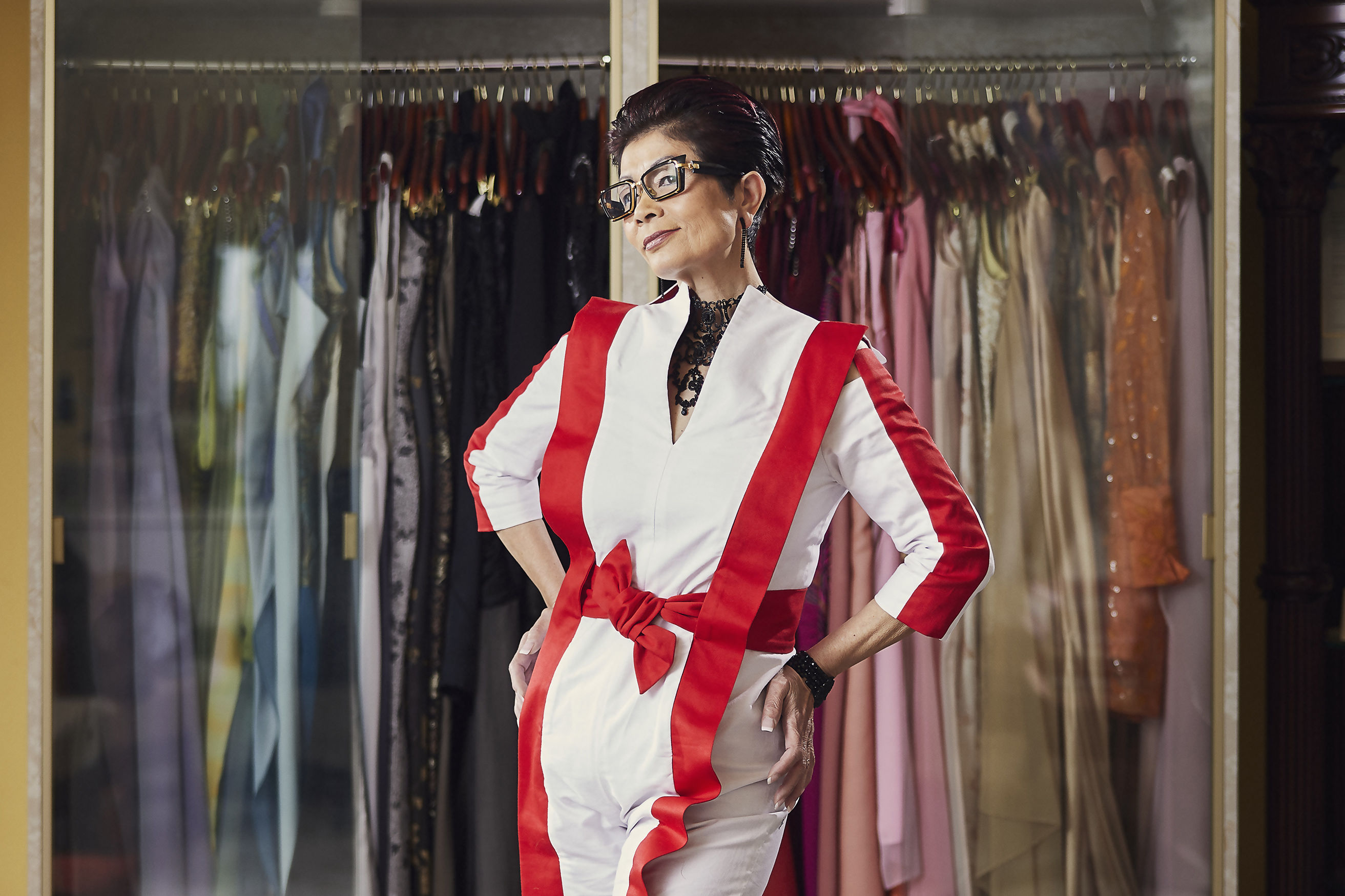The Defender

Image: Daniel Root
Ultimate Frisbee has been on the rise since its invention in the 1960s—since 2003, membership in the Ultimate Players Association has grown by 168 percent. For the uninitiated, Ultimate is an athletic amalgam: as physically demanding as soccer, it also requires the throwing precision of baseball and the dauntless diving of beach volleyball. Portlander Chelsea Putnam, a former Team USA member, talks about her personal genesis in the sport, its popularity in the Northwest, and what the future holds.
••••••••••••
My sports growing up in Corvallis were gymnastics, basketball, track, and soccer, so I’ve always loved athletics. But all the sports I played never quite matched my skills. In soccer, I was known for diving headers; in basketball I dove for balls on defense; and in track I won a race by diving across the finish line. So when my neighbor introduced me to Ultimate at the end of high school, I thought, “This is the sport I was meant to play.”
I went to the University of Oregon and joined the women’s team there and played for Schwa, Portland’s elite women’s club team, during the summers. I immediately latched on to the welcoming community, and it became my world. After college, I played another five years with Schwa, and was fortunate to play with Team USA in 2009.
Tracey Satterfield, one of the best strategic minds and throwers in the game, basically raised me in Ultimate. She had been playing for nine years by the time I joined Schwa. These women I played with ... man, they were what you would immediately think of as badass women. They had eight-packs—they would bike 15 miles to practice, which we started with a timed mile, and five hours later they would bike home.
I’m a defensive cutter. I’ve always loved the challenge of defense, and the satisfaction of learning to anticipate where your woman is cutting and shutting them down.
Over the years I’ve had some pretty rough injuries, from temporary paralysis to at least four broken bones. It’s funny, because it’s supposed to be a non-contact sport, but it moves at such a high speed that it can be very rough on your joints. If you’re good to yourself, and you get lucky, you can play well into your 40s.
Even though there has been a serious increase in competition over the past 15 years, I don’t worry about the spirit of the game declining. The game is still largely self-officiated, but the introduction of “observers” has made an impact. At higher levels, when a “foul” or “travel” is called, observers will settle a dispute when asked to do so by players who can’t reach an agreement. Because more and more players don’t feel they have to work it out and immediately call for the observer, it removes the fundamental conversation.
Ultimate brings similar-minded people together. We all love to play our very best while at the same time being ridiculous, loud, silly. I don’t know how else to explain it—we love stupid games. I think it’s the competitive spirit in all of us. No matter what it is, we have to win.
The level of this game is going to skyrocket in the next 5 to 10 years. I was the defensive coordinator for the Junior USA team in 2008 and 2010, and have been assisting this season. The quality of the youth players is insane. Part of me wishes I were 15 again and starting all over so I could have access to all these new resources.
I think it’s incredibly important to stress to young players that respect and camaraderie cannot be taken out of our sport—and if they ever are, it should no longer be called “ultimate.”




